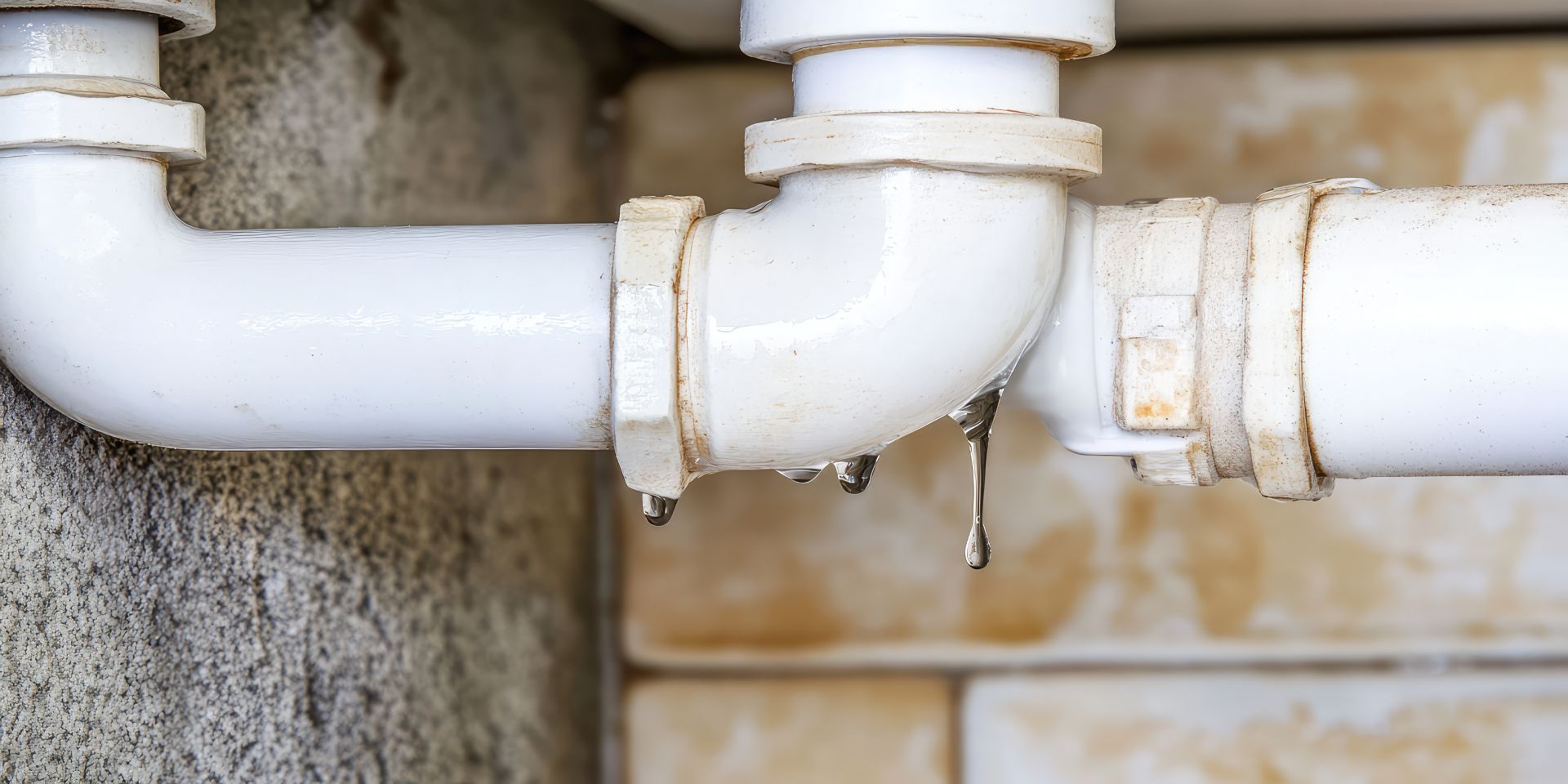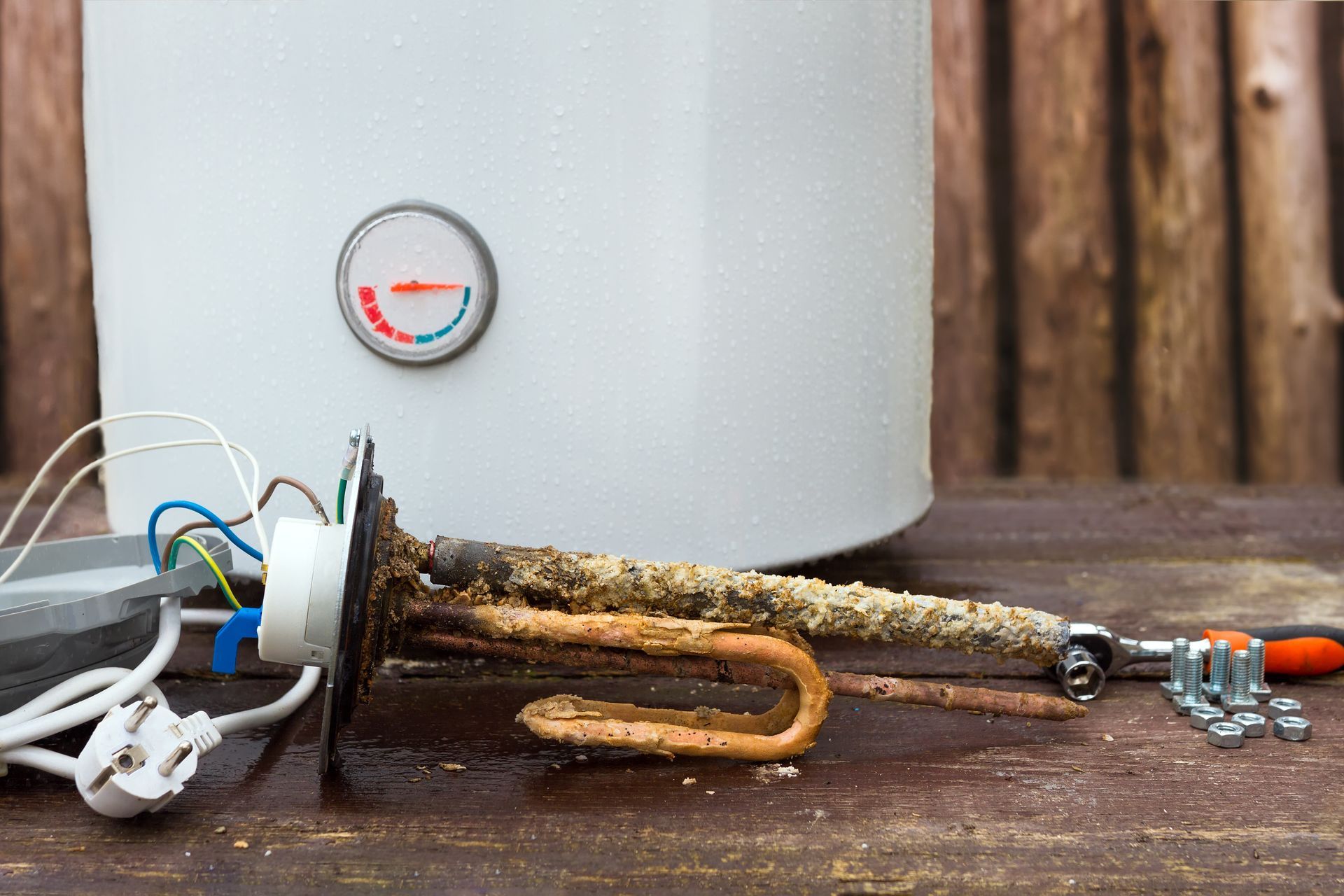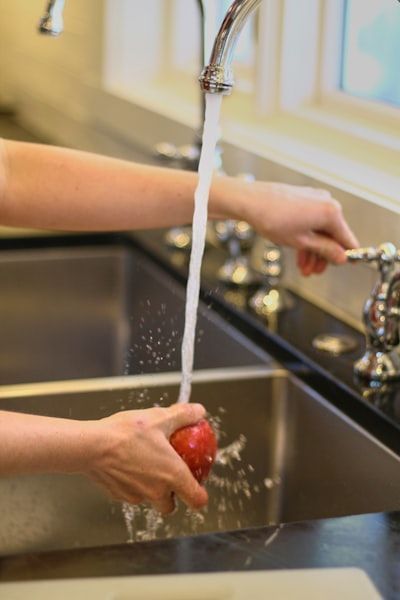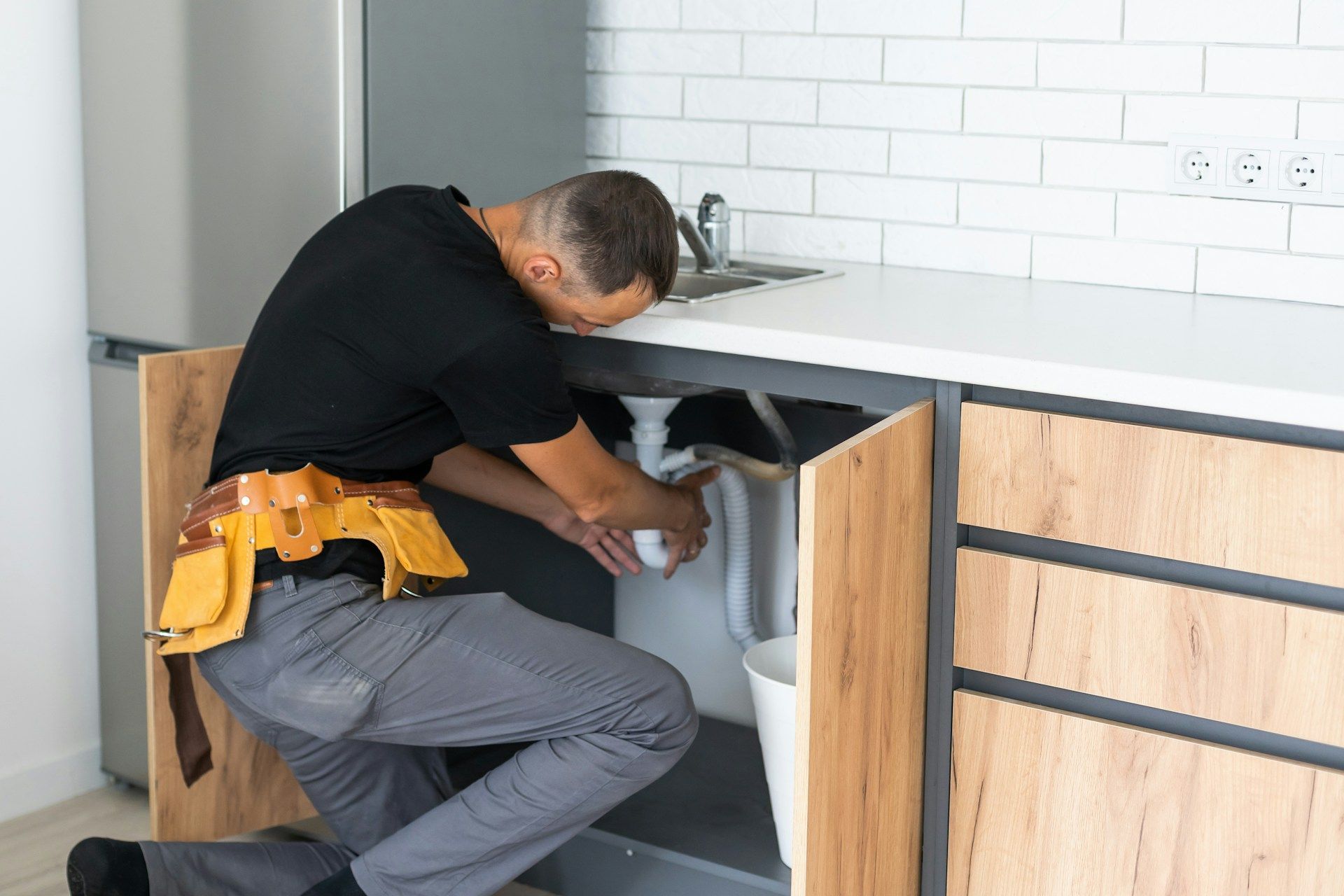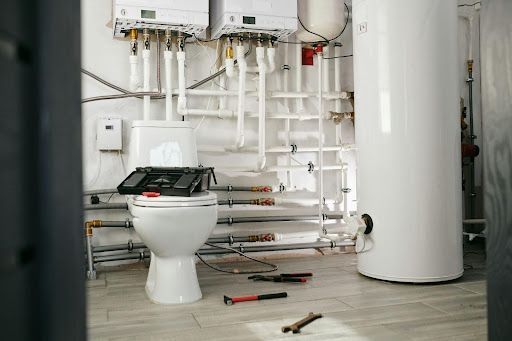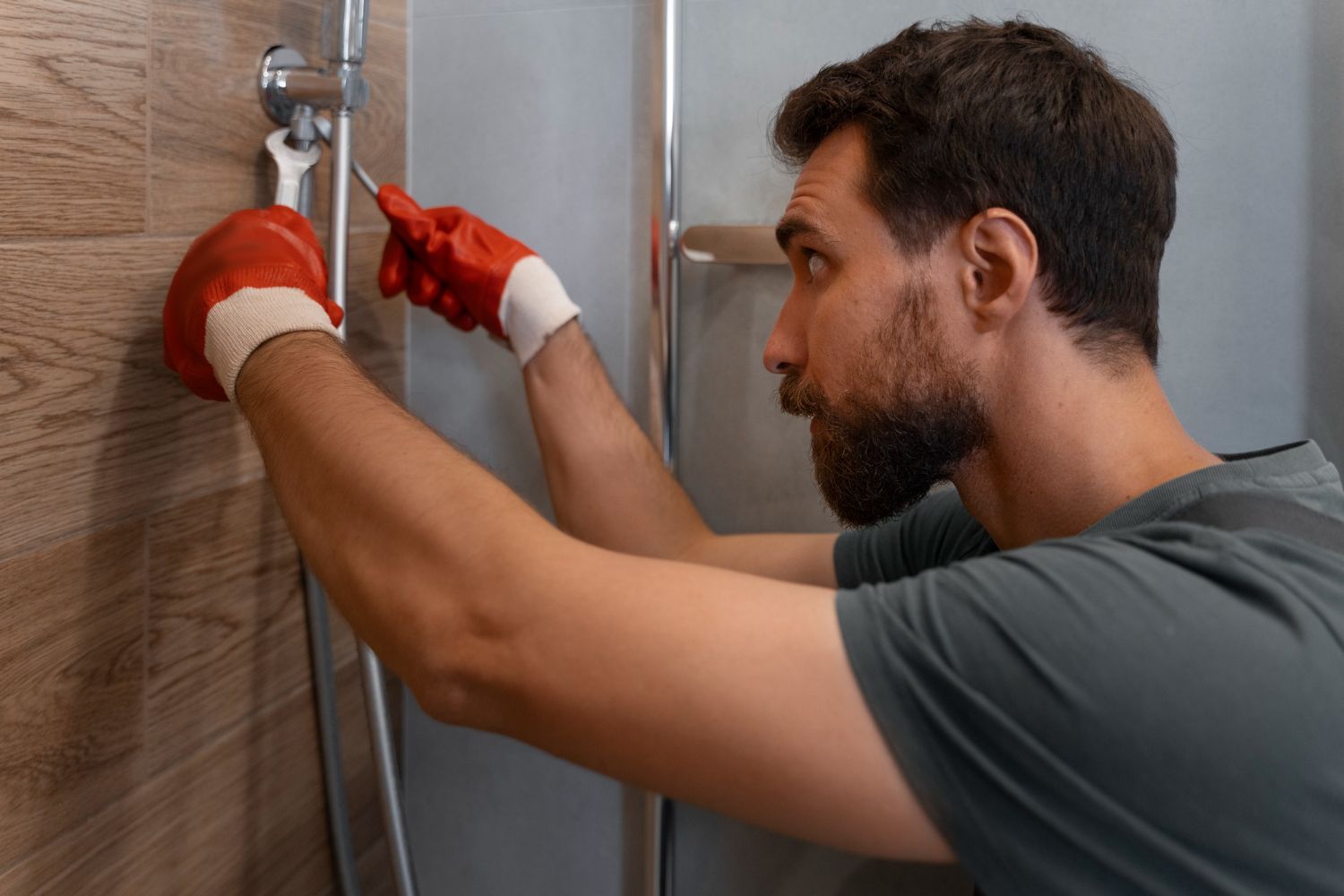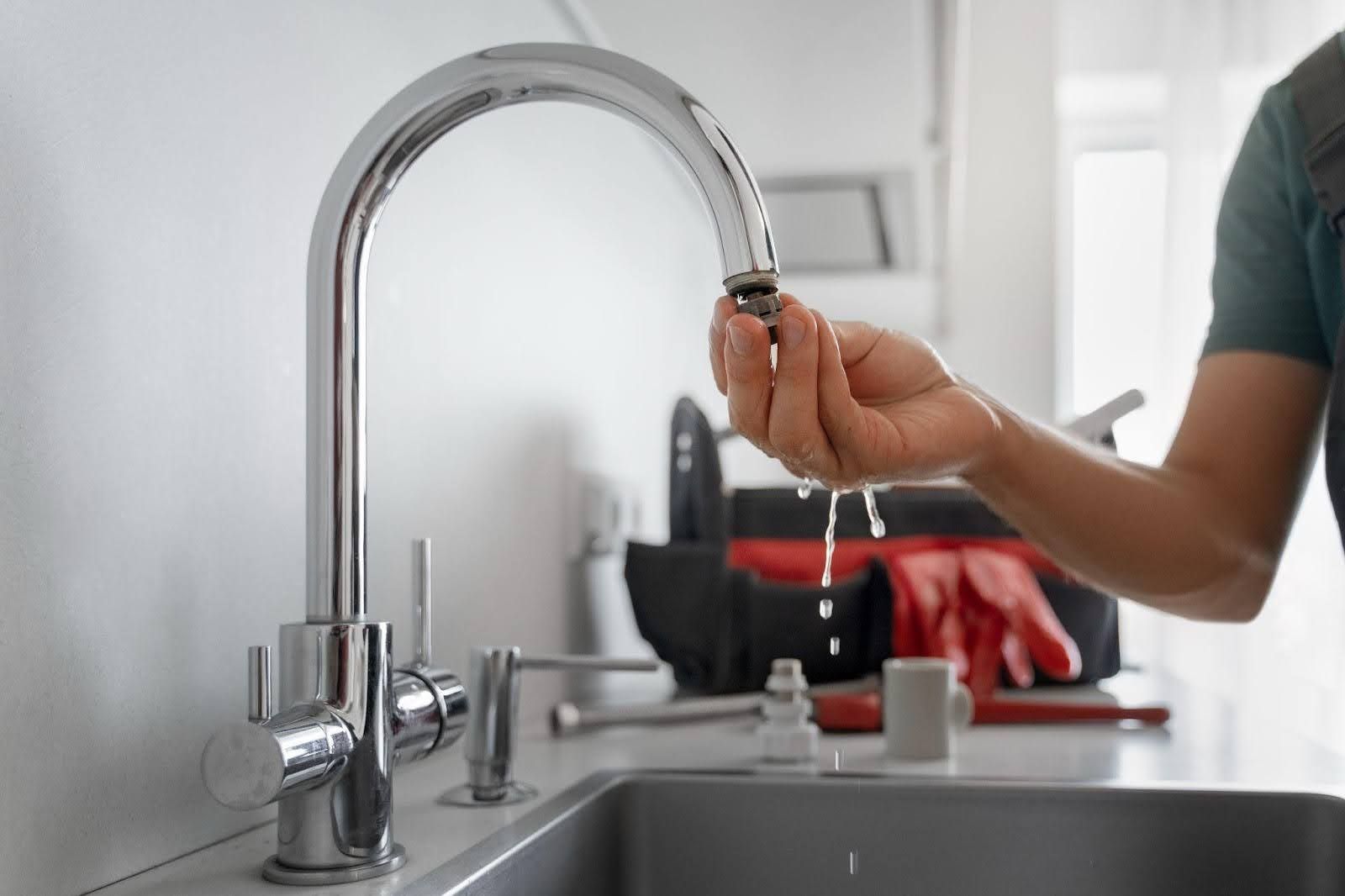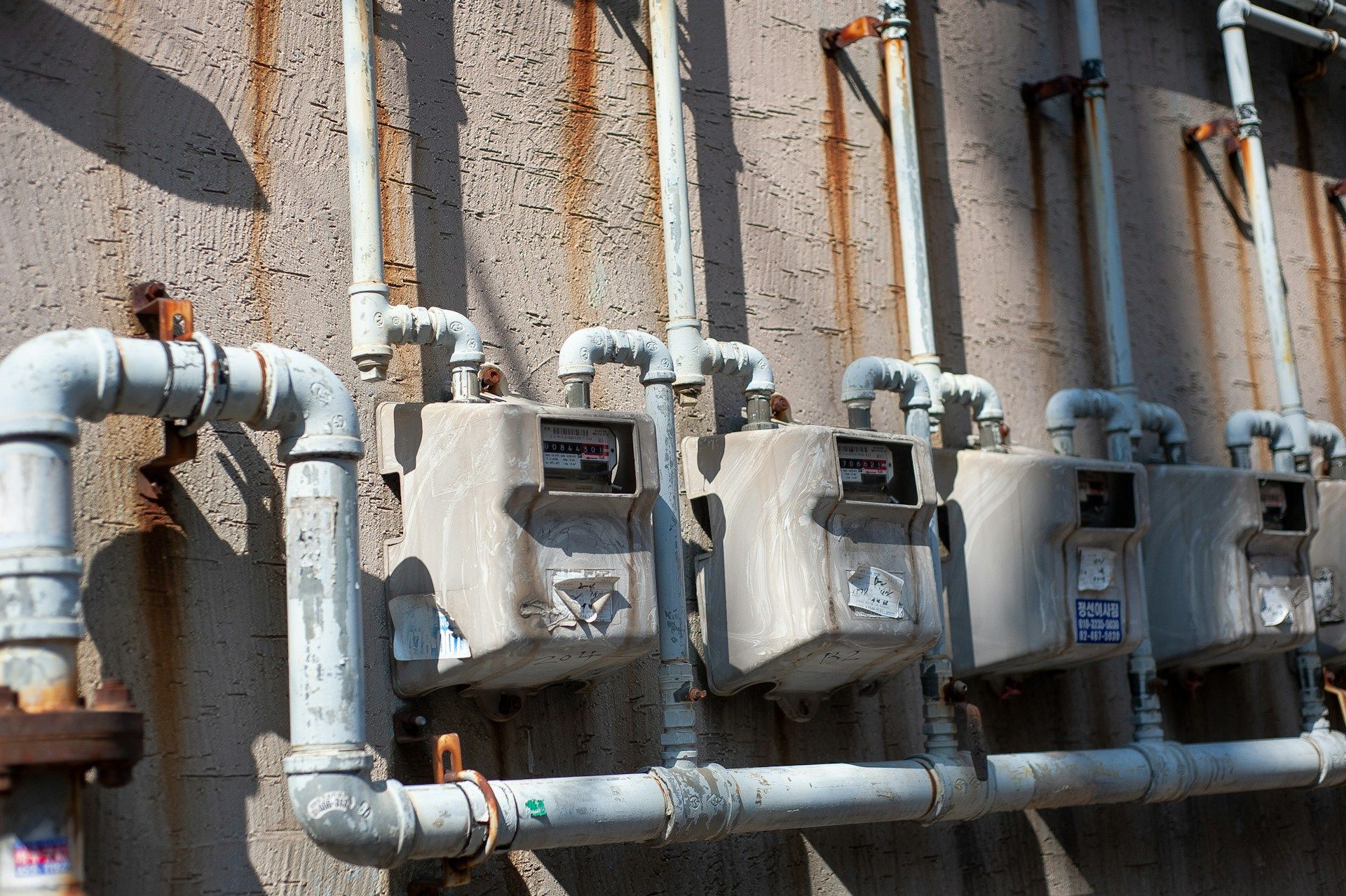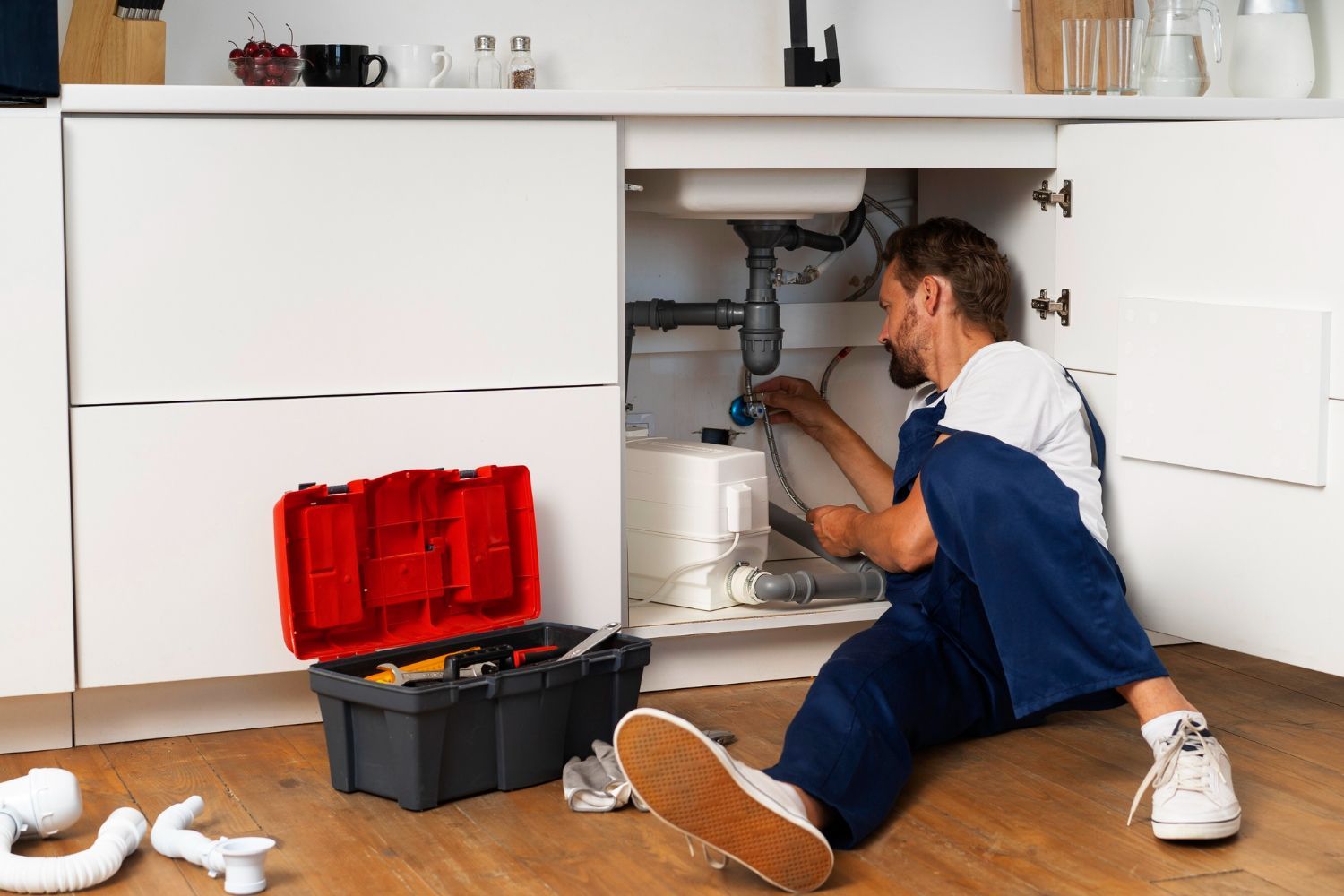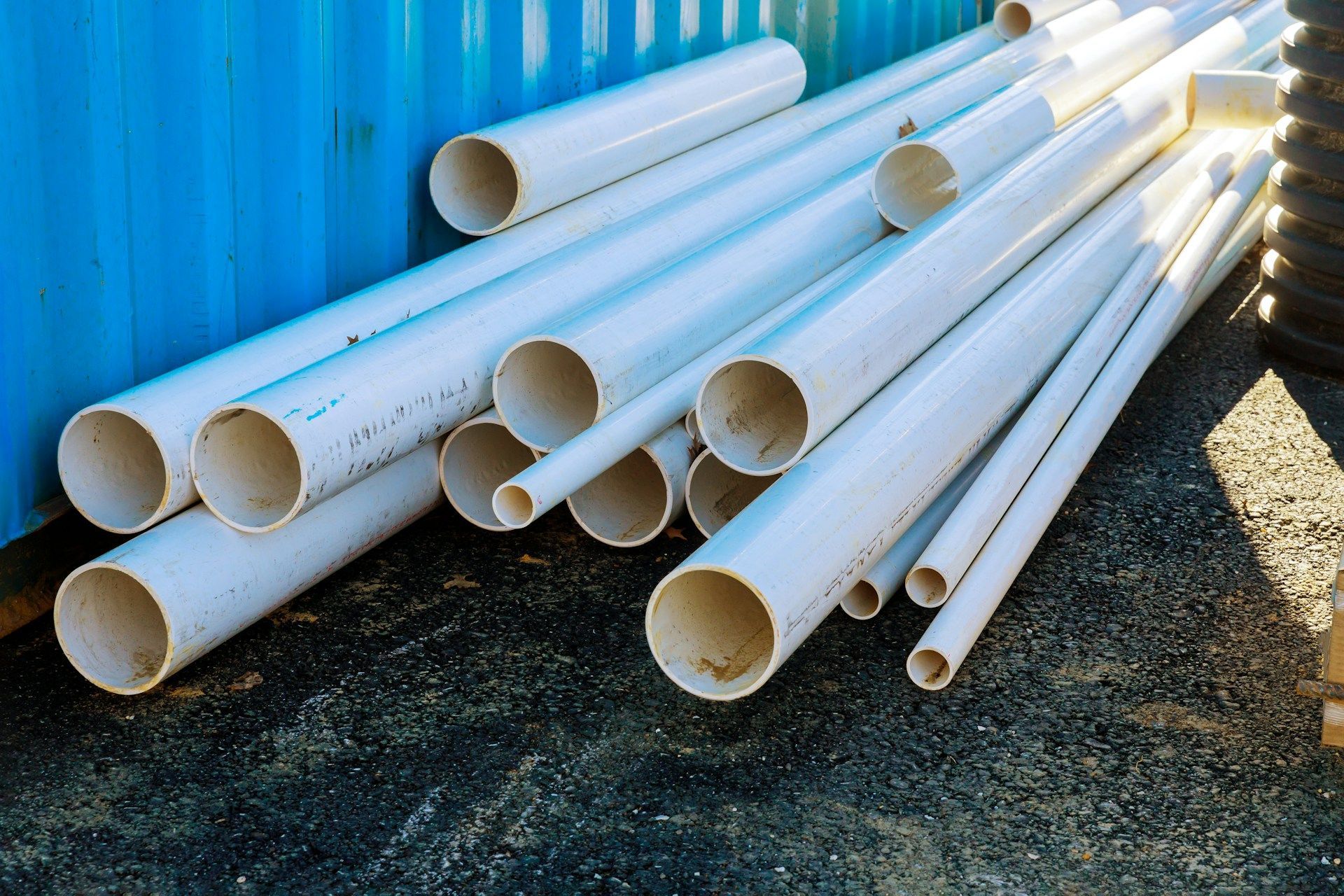Preventing and Handling Plumbing Emergencies: A Guide
Tips for Handling Plumbing Emergencies
Plumbing emergencies can happen at any time and in any place. These situations can be stressful and overwhelming, whether it's a burst pipe, a clogged drain, or a malfunctioning water heater. Fortunately, with some preparation and enough knowledge, you can handle any plumbing emergency that comes your way.
Here are five tips for handling a plumbing emergency and how to prevent future emergencies from happening.
1. Stay Calm and Assess the Situation
The first step in handling any plumbing emergency is to stay calm and assess the situation. Panicking will only make things worse and can lead to costly mistakes. Take a deep breath and try to think logically about what needs to be done.
Once you've calmed down, assess the situation. Determine the severity of the problem and whether it's something you can handle on your own or if you need to call a professional plumber. If it's a minor issue like a clogged drain, you may be able to fix it yourself.
2. Turn Off the Water Supply
If you're dealing with a burst pipe or any other situation where water is flooding your home, you first need to turn off the water supply. Locate the main shut-off valve and turn it off. This will stop the water flow and prevent further damage to your home.
If you're unsure where the shut-off valve is located, take the time to find it before an emergency happens. It's usually located near the water meter or in a basement or crawlspace.
3. Call a Professional Plumber
If you're dealing with a plumbing emergency you can't handle alone, call a professional plumber immediately. It's important to choose a reputable plumber who is licensed and insured. They will have the knowledge and expertise to handle any plumbing emergency and minimize the damage to your home.
Before you call a plumber, ensure you have all the necessary information about the problem. Be prepared to describe the problem and provide relevant information about your home's plumbing system.
4. Take Temporary Measures
If you can't get a plumber to your home right away, you may need to take temporary measures to prevent further damage. For example, if you have a burst pipe, you can use a bucket or towel to collect the water until the plumber arrives.
If you're dealing with a clogged drain, you can use a plunger or drain snake to clear the blockage. However, be careful not to use harsh chemicals as they can damage your pipes.
5. Prevent Future Emergencies
Once the emergency has been resolved, it's essential to take steps to prevent future emergencies from happening. Here are a few tips to help you prevent plumbing emergencies.
- Schedule regular maintenance inspections with a professional plumber to catch any potential problems before they become emergencies.
- Insulate your pipes to prevent them from freezing during the winter months.
- Avoid putting anything down your drains that can cause blockages, such as grease, food scraps, and hair.
- Don't pour harsh chemicals down your drains, as they can damage your pipes.
- Replace old or worn-out plumbing fixtures, such as faucets and water heaters.
Conclusion
Handling a plumbing emergency can be stressful. Always stay calm, assess the situation, and call a professional plumber. Take temporary measures to prevent further damage and take steps to prevent future emergencies from happening. With these tips, you can keep your home's plumbing system running smoothly and avoid costly repairs in the future.
Are you looking for reliable
plumbing solutions for your home or business? We pride ourselves on providing true craftsmanship and good old-fashioned customer service. Contact us today!
